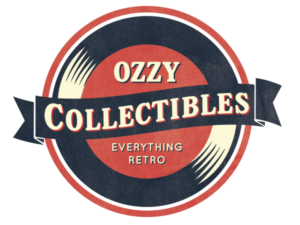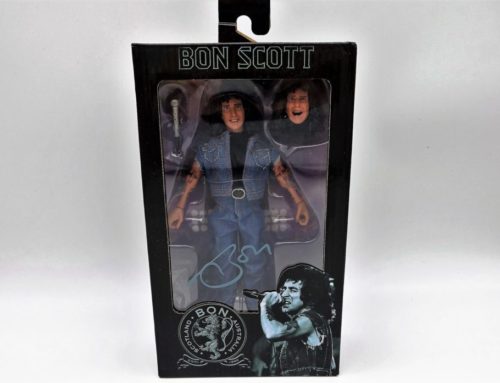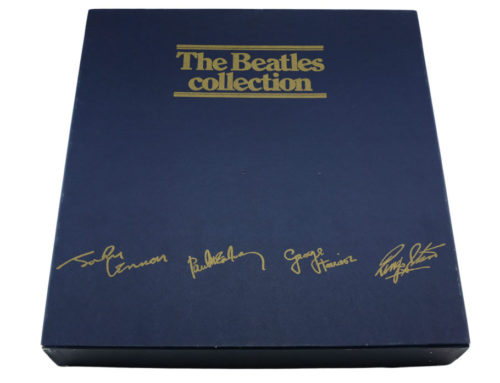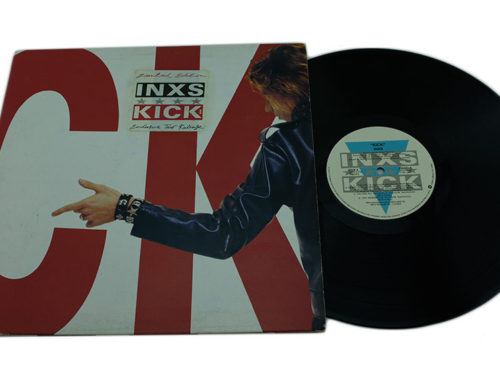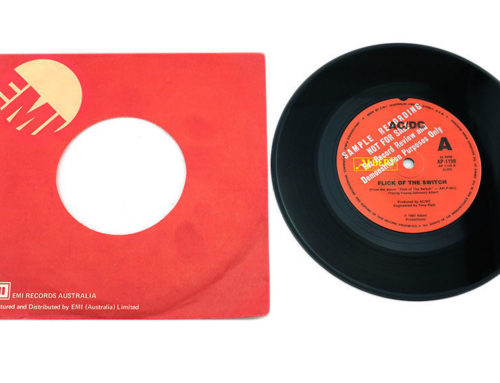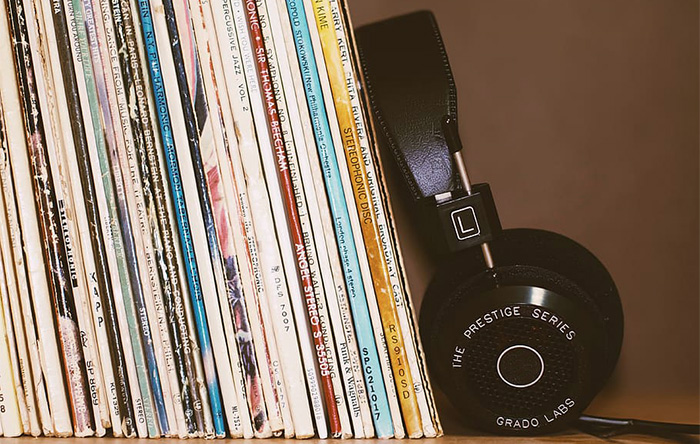
The humidity level is the second most crucial factor when deciding how to store your vinyl records. Over time, excessive atmospheric moisture or humidity might harm your albums significantly. As it won’t become as humid as a cellar may, a finished basement in a typical home is typically ideal to store your vinyl. If possible, try to locate a space in your home that will stay cool and usually has low humidity.
The longevity of your albums and LPs can be significantly impacted by how you preserve your vinyl recordings. Some albums can last for decades before it starts to wear off. Meanwhile, some albums are so sensitive that the slightest bit of break will result in their demise. You’ve probably experienced owning one if you’ve ever bought albums at a garage or yard sale. Storing a vinyl is key to prolonging its lifespan because pieces of vinyl are sensitive materials that can be easily damaged. The surroundings, including the temperature, humidity, and other elements, can easily influence your LPs health and condition when you store your vinyl LPs.
When properly storing a Vinyl LP, the first and most essential step is finding an excellent location. The first location that comes to mind is the attic. While convenient, factors such as dust and temperature make it impractical. The same logic also applies to the shed, another common place to store Vinyl LPs. So what factors should I take into account when trying to keep Vinyl LPs in a safe place?
- Temperature
- Humidity
- Light
The temperature of the location should be the first and most crucial factor. Vinyl records should be kept in a chill environment that is neither too hot nor too cold. Long-term exposure to intense heat can cause the vinyl to distort and have other negative effects. It can be a terrific option if you have a temperature-controlled attic or storage space. Most attics, however, will get much hotter than the rest of the house. Cellars are a fantastic option, but you must pay particular attention to the humidity in that space.
Lastly, people overlook light, but it is essential if you want to store your documents in the most pristine condition possible. Your LPs may eventually become damaged if exposed to bright lighting or direct sunshine frequently, especially true in the case of UV light. Most of the time, this won’t be a problem, but if you have a big window right next to your records or a plant-growing setup with UV lamps, be cautious not to place your Vinyl LPs.
Finally, here are some tips when storing an a Vinyl LP Record:
- When storing in an attic, make sure that it is temperature controlled. As said earlier, too hot of a temperature will result in the vinyl distorting.
- Storing in a cellar can be tricky because basements and cellars are typically too humid for storing an LP.
- Add dividers to your LPs to avoid warping and damaging the vinyl.
In summary, keep the LPs in a chill, dry, and dark place. Don’t stack them on top of each other and add dividers.
